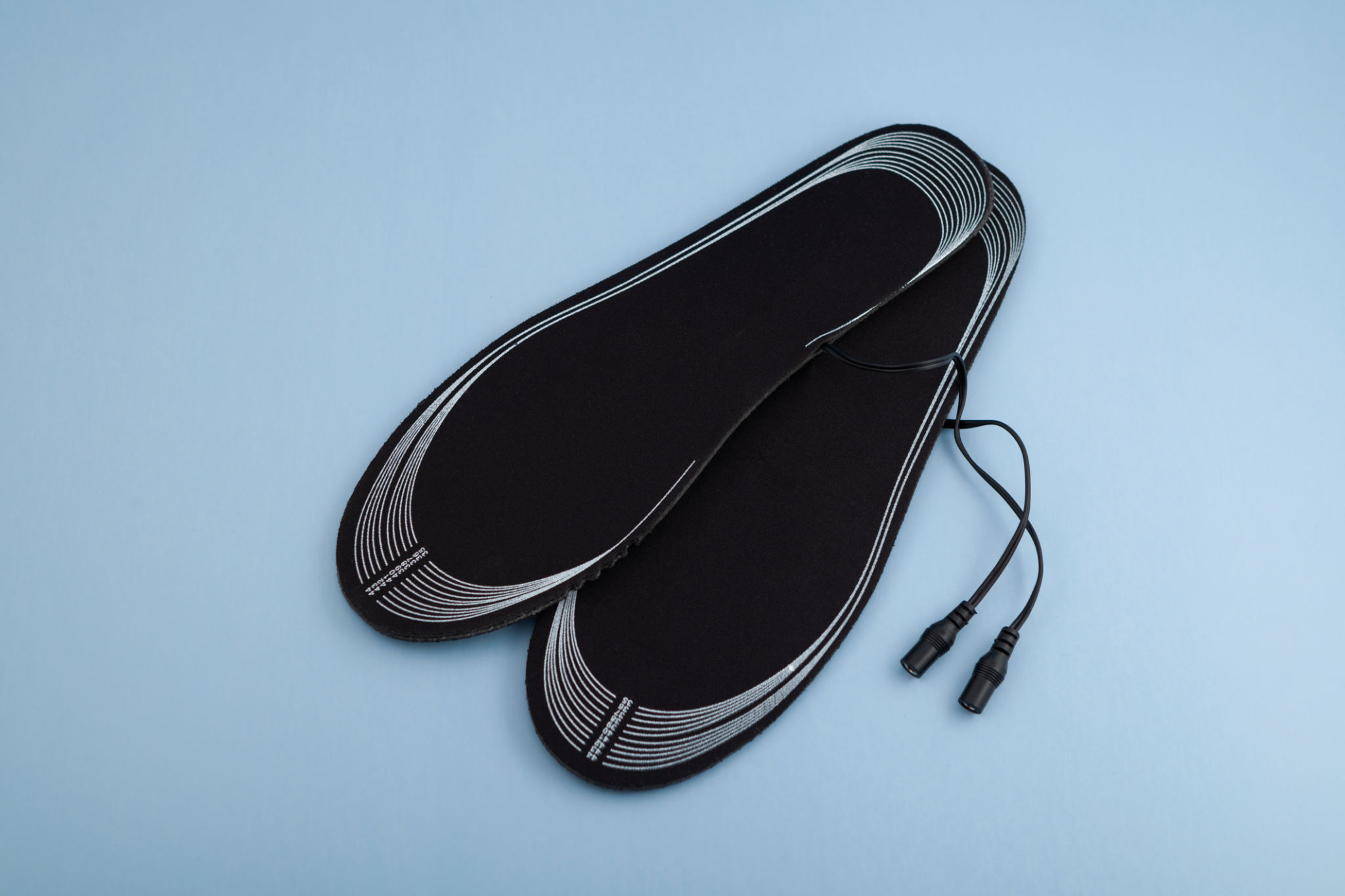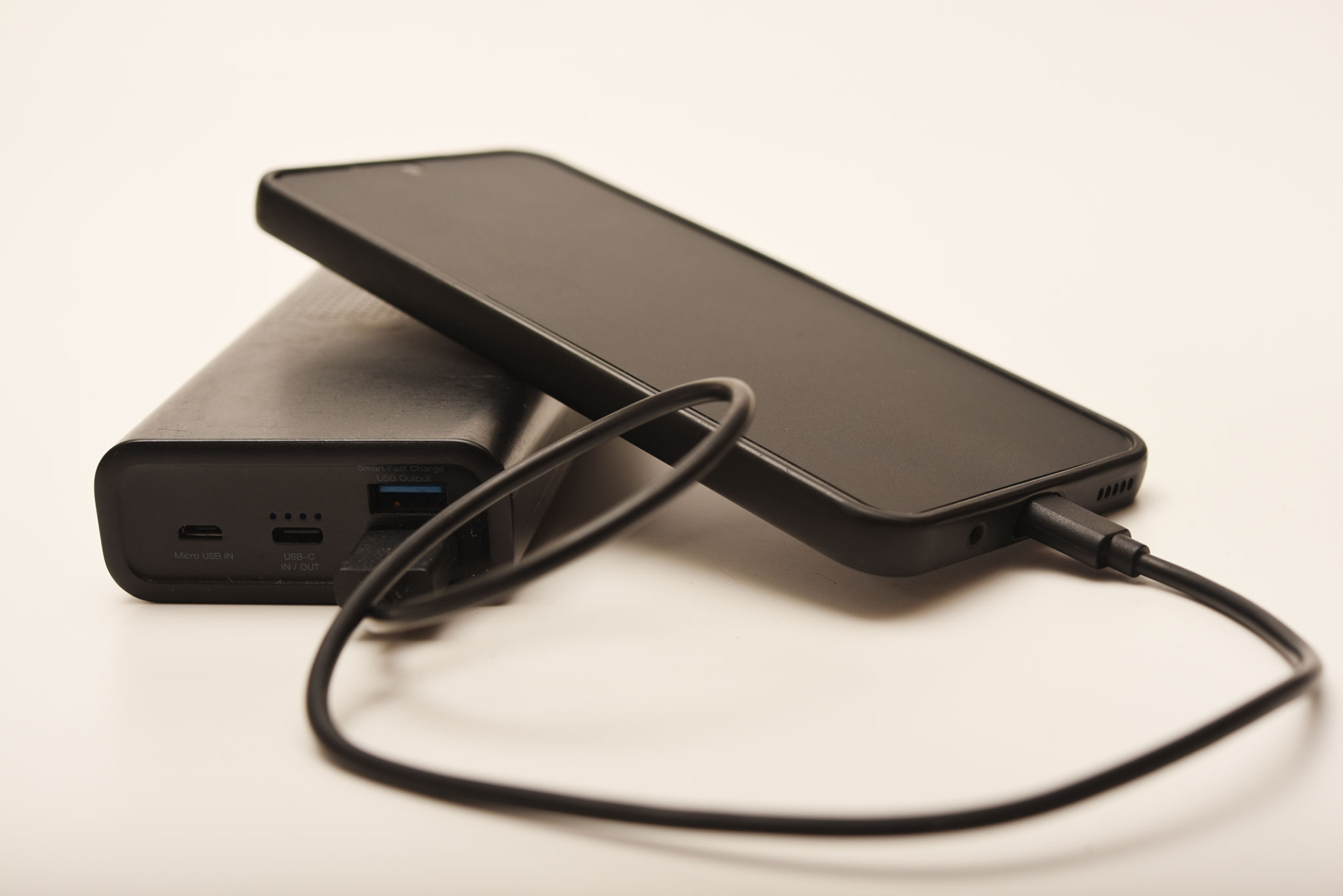Expert Advice on Choosing the Right Laptop Charger for Your Needs
MA
Understanding Your Laptop's Power Requirements
Choosing the right laptop charger starts with understanding your laptop's power requirements. Every laptop model comes with a specific voltage and current requirement, which is crucial for optimal charging. These specifications are usually found on the laptop itself or in the user manual. Using a charger with the wrong specifications can not only result in inefficient charging but may also damage your device over time.
Before purchasing a new charger, check for these details to ensure compatibility. Many manufacturers provide this information on their websites as well, making it easier to find the right charger for your model. Ensuring compatibility is key to maintaining your laptop's health and performance.

OEM vs. Third-Party Chargers
When it comes to replacing your laptop charger, you have the option to choose between Original Equipment Manufacturer (OEM) chargers and third-party alternatives. OEM chargers are designed specifically for your laptop model and are usually more reliable but can be expensive. On the other hand, third-party chargers are often more affordable but may vary in quality.
If you choose a third-party charger, ensure it is from a reputable brand that guarantees safety and compatibility. Look for products with good customer reviews and a strong warranty policy to protect your purchase. Quality should never be compromised when it comes to electronic accessories.

Understanding Different Charger Types
Laptop chargers come in various types, each designed for different purposes. The most common types include standard AC adapters, USB-C chargers, and universal chargers. AC adapters are traditional chargers that connect directly to a wall outlet. USB-C chargers offer more flexibility and are compatible with multiple devices, making them an ideal choice for tech-savvy users with diverse gadgets.
Universal chargers, as the name suggests, are designed to work with multiple devices by offering interchangeable tips and adjustable voltage settings. While convenient, ensure they match your laptop's power requirements precisely to avoid any damage.
Consider Portability and Build Quality
Portability is another critical factor when selecting a laptop charger. If you frequently travel or work in different locations, a compact and lightweight charger can make a significant difference. Some chargers come with detachable cables or foldable prongs to enhance portability.
Build quality is equally important; a well-made charger should withstand daily wear and tear. Check for sturdy cable insulation and robust connectors to ensure longevity. Investing in a durable charger can save you time and money in the long run.

Safety Features to Look For
Safety should always be a priority when purchasing electronic devices. Look for chargers that include features such as over-voltage protection, over-current protection, and short-circuit protection. These features help prevent potential hazards like overheating and electrical surges that can damage your laptop or pose a safety risk.
A charger with an LED indicator can also be beneficial, as it provides a visual cue when the device is charging or fully charged. This feature helps prevent overcharging and extends the life of your battery.
Conclusion: Making an Informed Choice
Selecting the right laptop charger involves considering several factors, including compatibility, quality, portability, and safety. By understanding your specific needs and researching your options, you can make an informed choice that ensures your laptop remains powered efficiently and safely.
Remember that a good charger not only powers your device but also protects it from potential damage. Take the time to choose wisely, as this small accessory plays a significant role in your laptop's overall performance and longevity.
